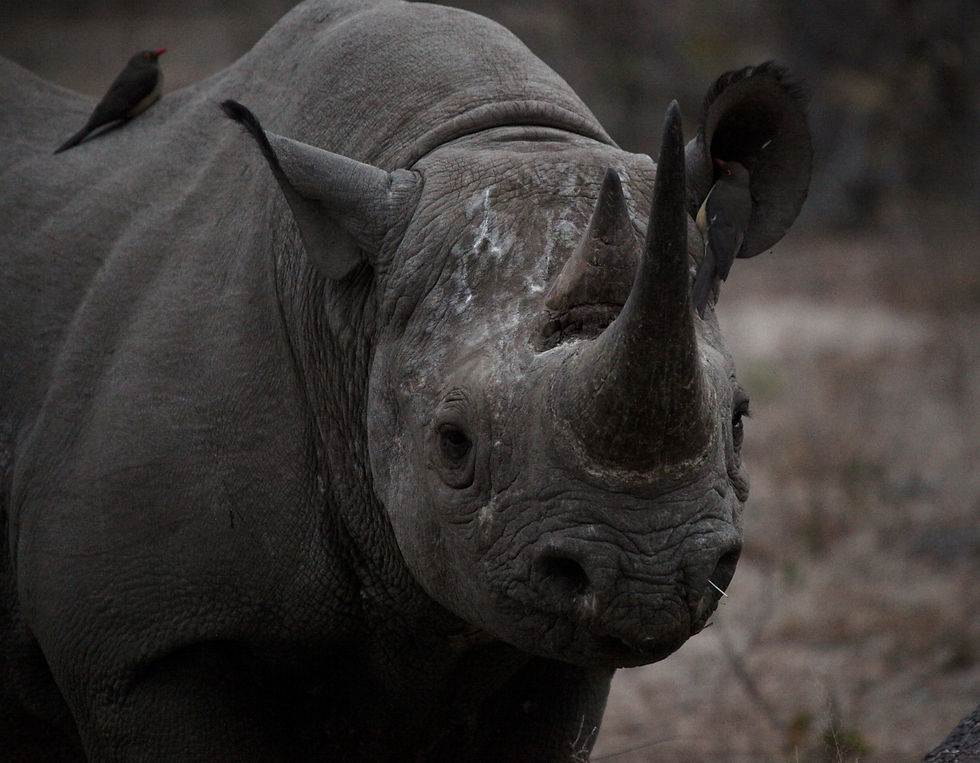Keystone XL Pipeline Halted After Environmental Backlash
- Katie Byng-Hall
- Jun 11, 2021
- 3 min read
Updated: Jun 13, 2021
Kate Byng-Hall reports as construction of the controversial Canada-USA oil pipeline is halted on President Biden’s orders.

Photo by Godwill Gira Mude
In a major win for American environmental activists, work on the controversial Keystone XL pipeline is to halt immediately. The pipeline, which was intended to carry oil 1200 miles from Alberta, Canada to the USA, has been a subject of outrage for environmentalists and Native American groups for over a decade.
On his first day in office in January, President Biden denied a key permit for the project on the grounds that it was likely to worsen climate change, prompting celebrations from those fighting to protect the vast area through which the line would have run.
What is Keystone XL?
Keystone XL was designed to be an extension to the existing Keystone Pipeline System, run by TC Energy since 2010. The $9 billion extension would have boosted the line’s output running from Canada to America, transporting 830,000 barrels of oil per day from Alberta mainly to refineries on the Gulf Coast of Texas.
Alongside the sheer scale of this plan, the intended oil is different from standard crude oil, instead transporting tar sand oil – a sludgy mixture of sand, clay, water and bitumen which is used to produce gasoline and other petroleum products. Extracting the oil from tar sand is extremely costly, both economically and environmentally, which only reinforces the opposition to the project.
After first being proposed in 2008, Donald Trump approved the pipeline expansion in 2017 – two years after Barack Obama denied it – despite significant backlash from experts with both environmental and public health concerns. The fight against the project has become symbolic of the future of the fossil fuel industry in the U.S.
However, the project had employed 2500 people in high-paying positions, earning it support from Canadian Prime Minister Justin Trudeau, and a number of Republican senators have come forward to demand that Biden accounts for the jobs lost due to its cancellation.
The Environment Wins
The proposed pipeline brought with it a myriad of environmental concerns. Firstly, the tar sand oil carried is more corrosive than standard oil, with the Keystone Pipeline System already leaking more than a dozen times since 2010, thus increasing the risk of cataclysmic leaks which are very difficult to clean up due to the substance’s sticky consistency.
Secondly, the pipeline would have crossed multiple agriculturally-significant and environmentally-sensitive areas, including hundreds of rivers, streams, aquifers and water bodies. One of these was the Nebraska Ogallala Aquifer which provides drinking water for millions of Americans, as well as 30% of the country’s irrigation water. Any leak would have contaminated these areas, devastating agriculture and water supplies, and decimating vulnerable ecosystems.
On top of this, various Native American territories were directly in the path of the proposed line, compromising sacred sites. Andrew Werk Jr., Fort Belknap Indian Community President, condemned the project forgoing forward “without regard to legality or safety”, as indigenous people’s “ancestral homelands [and water supplies were] in the direct path of the pipeline”.
“This is great news for the Tribes who have been fighting to protect our people and our lands. The treaties and laws guarantee us protections, and we are committed to see that those laws are upheld.” – Rosebud Sioux Tribe President, Rodney M. Bordeaux
The project would have also had an obvious impact on climate change, as it has been estimated that tar sand oil emits 17% more CO2 than standard oil. Leading climate scientist James Hansen has warned that exploiting the 168 million barrels-worth of oil currently under the ground in Canada would be “game over” in terms of climate change, and stated that it was best to “keep it in the ground”. Preventing the progression of the pipeline might prove to be a major key in preventing climate change escalating beyond recovery.
It’s true that Keystone XL would have created jobs, boosted the Canadian economy and provided oil to many homes in the U.S., but it seems the disadvantages undeniably outweigh the potential benefits. Now is the time to think beyond corporate greed and convenience, and consider the significance of the land around us for both the people who live on it and the planet it affects.
We are a not for profit socio-ethical impact initiative advocating for topics that matter. You can support our journalism by becoming an advocate today.













Comments